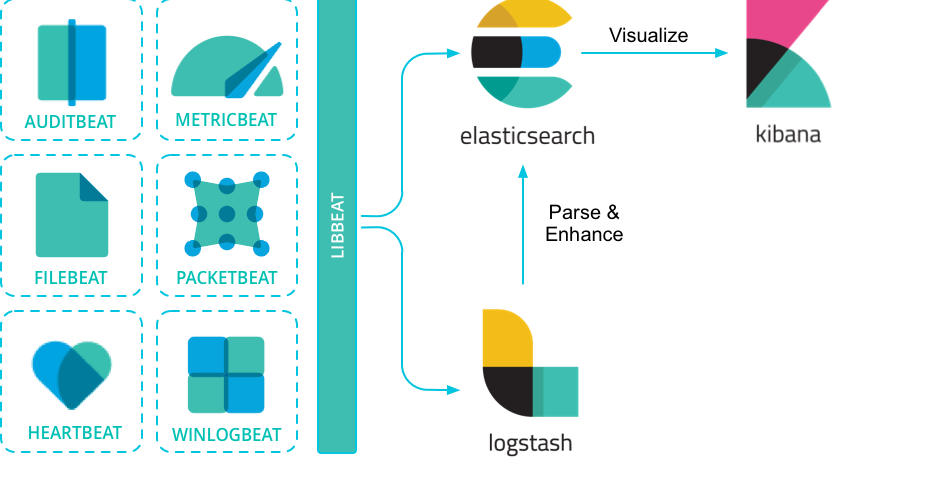

Here’s how Filebeat works: When you start Filebeat, it. Installed as an agent on your servers, Filebeat monitors the log files or locations that you specify, collects log events, and forwards them either to Elasticsearch or Logstash for indexing. FileBeat- Download filebeat from FileBeat Download Unzip the contents. Filebeat is a lightweight shipper for forwarding and centralizing log data.

One option is to install logstash on all the servers and then index it to the elasticsearch server. This is most often useful if you are using a newer distribution release than is supported. Suppose we have to read data from multiple server log files and index it to elasticsearch. for the repository, to point to a working upstream. Contact the upstream for the repository and get them to fix the problem. There are a few ways to work 'fix' this: 1. Developed by Elastic, these open-source tools are widely. An extended and robust elastic stack, it also incorporates Beats and Xpack, augmenting its capabilities. Please make the endpoint accessible to Filebeat so it can verify the license. At this point the only safe thing yum can do is fail. The ELK stack, which is an acronym for Elasticsearch, Logstash, and Kibana, forms a powerful combination for centralized logging, log analysis, and real-time data visualization.
#ELASTIC INSTALL FILEBEAT LICENSE#
After following the instructions for setting up Suricata module I always get the same error :įailed to connect to backoff(elasticsearch()): Connection marked as failed because the onConnect callback failed: cannot retrieve the elasticsearch license from the /_license endpoint, Filebeat requires the default distribution of Elasticsearch. Seems that open distro instructions are not updated or not correct. To install a Filebeat module from Kibana, on the machine where you want to collect the data, open a Kibana browser window.


 0 kommentar(er)
0 kommentar(er)
